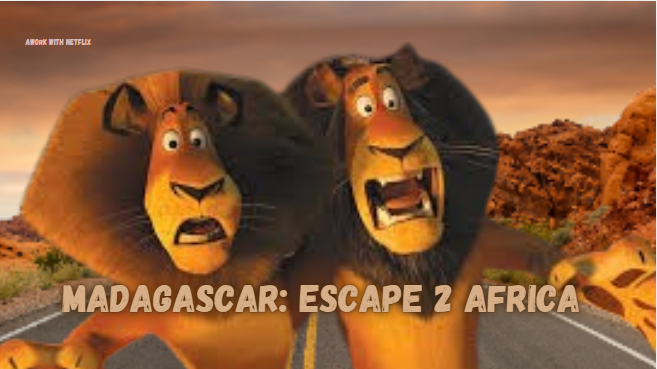
DreamWorks Animation’s Madagascar: Escape 2 Africa takes audiences on an unforgettable journey filled with humor, heart, and adventure. Released in 2008 as a sequel to the 2005 blockbuster Madagascar, this animated film expands on the antics of its beloved characters while exploring themes of identity, belonging, and the power of friendship. With stunning visuals, witty dialogue, and a vibrant depiction of the African savanna, the movie captures the imagination of viewers of all ages.
Recap: Where It All Began:
In the first Madagascar film, audiences were introduced to four zoo animals from New York City: Alex the lion, Marty the zebra, Gloria the hippo, and Melman the giraffe. After a series of escapades, they found themselves stranded on the island of Madagascar, far from their comfortable lives in captivity. Alongside the eccentric King Julien and his lemur entourage, as well as the mischievous penguins, the gang learned to adapt to the wild. When Madagascar: Escape 2 Africa begins, the animals are eager to leave Madagascar and return home to New York City. Using a makeshift aircraft repaired by the ingenious penguins, they set off on their journey — but predictably, things go hilariously awry.
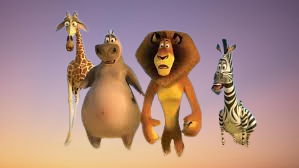
A Crash Landing in Africa:
The aircraft doesn’t make it far, crash-landing in the heart of the African savanna. For the first time, the animals encounter creatures of their own kind. What follows is a series of revelations and self-discoveries.
- Alex Reconnects with His Roots
Alex, the self-proclaimed “King of New York,” discovers that he is the son of Zuba, the alpha lion of the pride. Zuba and his mate, Florrie, are thrilled to reunite with their long-lost son. However, Alex struggles to fit in as a “real lion.” Unlike his peers, he lacks traditional lion instincts, having been raised in the zoo where performing tricks was his way of life. This cultural clash leads to humorous yet poignant moments as Alex grapples with his identity and the expectations of his heritage. - Marty Finds His Herd
Marty, who had always dreamed of running wild, is initially thrilled to meet a herd of zebras identical to himself. However, his excitement wanes when he realizes that his individuality is lost among the uniformity of the group. This subplot cleverly explores themes of self-worth and the balance between community and personal identity. - Gloria’s Search for Love
Gloria, the confident and vivacious hippo, finds herself in the midst of a romantic subplot. She catches the eye of Moto Moto, a smooth-talking hippo whose exaggerated charm provides plenty of comedic relief. Through this relationship, Gloria begins to understand her own desires and self-respect, ultimately prioritizing genuine connection over superficial admiration. - Melman Confronts His Fears
Melman, the hypochondriac giraffe, faces an emotional arc as he transitions from neurotic worrier to unlikely hero. In a touching moment, he confesses his love for Gloria, proving that even the most timid characters can find courage when it matters most.

The Antagonist: Makunga:
The film introduces Makunga, a scheming lion with ambitions to dethrone Zuba as leader of the pride. Voiced by Alec Baldwin, Makunga exudes arrogance and manipulative cunning. He exploits Alex’s inexperience to create tension within the pride, setting the stage for a dramatic showdown. Makunga’s character serves as a classic foil to Alex, highlighting the latter’s journey of growth and self-discovery. The rivalry culminates in a climactic dance-off — a humorous twist that emphasizes Alex’s unique strengths as a performer rather than a traditional lion.
The Penguins and Their Ingenious Shenanigans:
No Madagascar film would be complete without the antics of the penguins — Skipper, Kowalski, Rico, and Private. Tasked with fixing the plane, the penguins engage in a series of hilarious schemes, including a subplot involving their negotiation with chimpanzees and commandeering of a luxury safari jeep. Their quirky humor and resourcefulness add an extra layer of entertainment to the story.
Themes and Messages:
At its core, Madagascar: Escape 2 Africa is more than just a comedy; it’s a tale of self-discovery and belonging. Each character’s journey contributes to a larger narrative about embracing one’s uniqueness while finding strength in community.
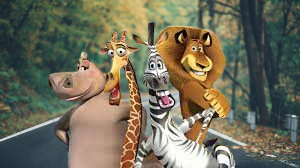
- Identity and Belonging
The film explores the idea that identity isn’t solely defined by heritage or environment but by individual experiences and choices. Alex’s journey, in particular, underscores the importance of staying true to oneself even when facing societal expectations. - Friendship and Loyalty
The bond between Alex, Marty, Gloria, and Melman is a testament to the power of friendship. Despite their differences and occasional conflicts, they consistently support one another, proving that true friendship can weather any storm. - Environmental Awareness
By depicting the beauty and challenges of life in the African savanna, the film subtly encourages viewers to appreciate and protect the natural world. The coexistence of wildlife and humans, represented by the safari tourists, also highlights the importance of responsible tourism and conservation.
Animation and Visuals:
DreamWorks Animation outdid itself with the visual design of Madagascar: Escape 2 Africa. The vibrant landscapes of the African savanna are brought to life with breathtaking detail, from rolling grasslands to watering holes teeming with wildlife. The character animation is equally impressive, with expressive movements and facial features that enhance the comedic timing and emotional depth of the story.
Voice Cast and Performances:
The film boasts a stellar voice cast, with returning actors Ben Stiller (Alex), Chris Rock (Marty), Jada Pinkett Smith (Gloria), and David Schwimmer (Melman) delivering outstanding performances. The chemistry between the cast members adds authenticity to the characters’ interactions. New additions to the cast, including Alec Baldwin as Makunga and will.i.am as Moto Moto, bring fresh energy to the ensemble. Sacha Baron Cohen’s King Julien remains a scene-stealer with his outrageous antics and iconic one-liners.
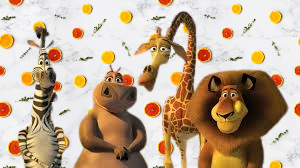
Humor for All Ages:
One of the film’s greatest strengths is its ability to entertain both children and adults. While younger audiences are captivated by the colorful visuals and slapstick humor, adults appreciate the clever wordplay, pop culture references, and deeper themes woven into the narrative.
Cultural Impact and Legacy:
Madagascar: Escape 2 Africa was a commercial success, grossing over $600 million worldwide. It cemented the franchise’s popularity and paved the way for additional sequels and spin-offs, including Madagascar 3: Europe’s Most Wanted and the TV series The Penguins of Madagascar. The film’s appeal lies in its universal themes, memorable characters, and ability to make audiences laugh and reflect simultaneously. Its legacy endures as a family favorite, with its humor and heart continuing to resonate with new generations.
Conclusion:
Madagascar: Escape 2 Africa is more than just an animated sequel; it’s a wild adventure that combines humor, heart, and a touch of wisdom. By transporting audiences to the African savanna, the film celebrates the beauty of nature, the importance of self-acceptance, and the strength of friendship. With its vibrant visuals, engaging storyline, and lovable characters, this cinematic journey proves that sometimes, leaving the zoo is the first step to discovering where you truly belong.

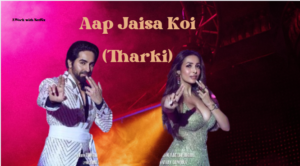
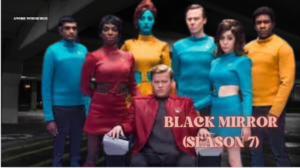

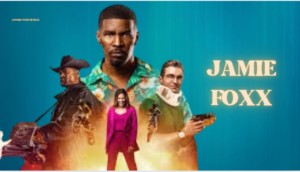
4 thoughts on “Madagascar: Escape 2 Africa A Wild Adventure beyond the Zoo”